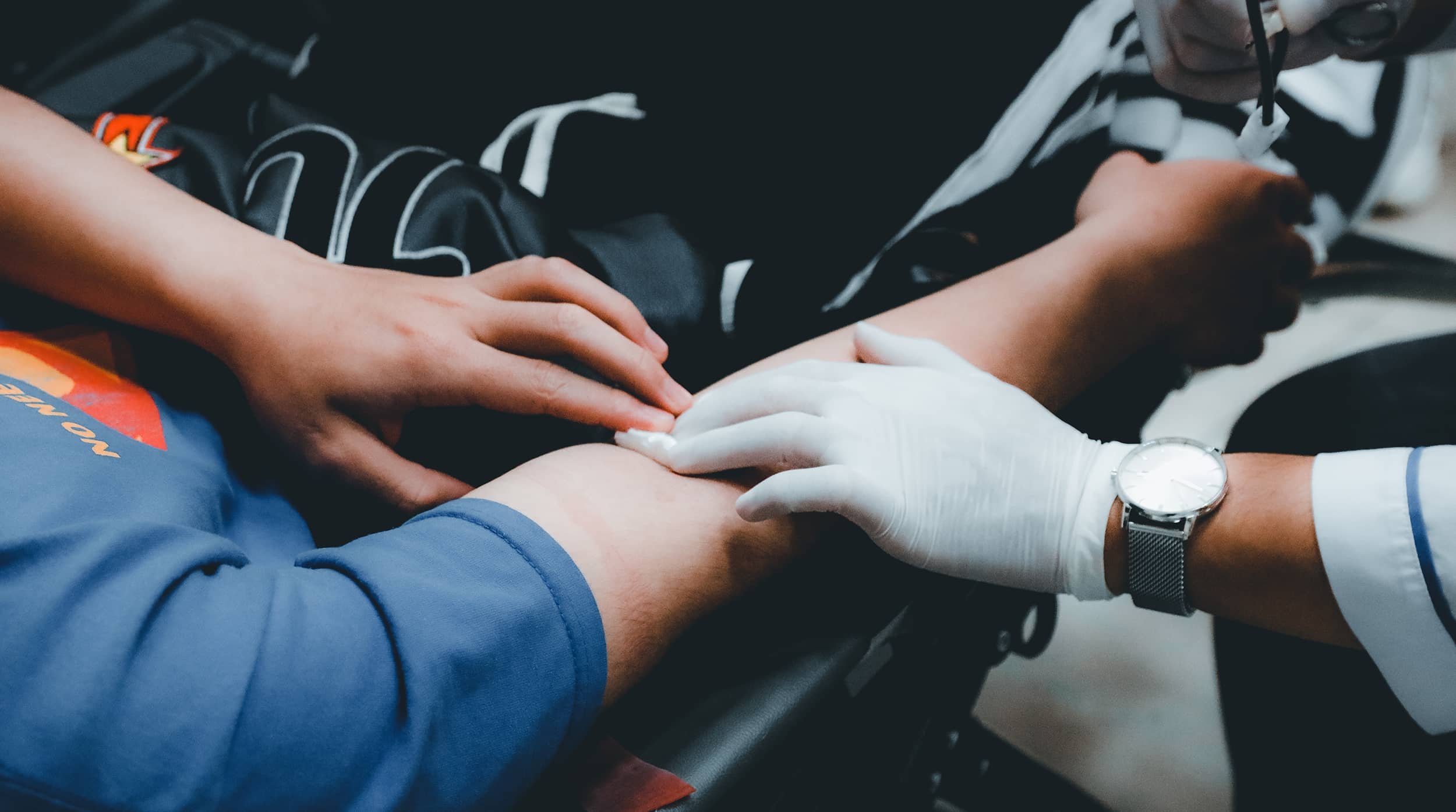
Post-Op Blood Monitoring
SPECIALIST SUPPORTPEACE OF MINDLONG-TERM HEALTH
Weight loss surgery, such as gastric bypass and sleeve gastrectomy, are effective interventions for obesity and related health conditions.
However they are significant procedures and can lead to a range of physiological changes we need keep a close eye on through regular blood testing.
If you’ve had surgery abroad - or are considering it - you’ll probably be aware the NHS doesn’t support your post-op care when you get home.
And we’re talking about lifelong care here, not one-and-done. Choosing the ongoing support that’s right for you really matters - it’s essential for your long-term health.
At FrownDocs, we have all the medical expertise and experience to care for you at each step of the journey. We’ll be in your corner, keeping you right, giving you complete peace of mind.
But we could be seeing quite a bit of each other, so how about we get to know one another a bit first?
Meet the team, visit the clinic, and when you’re ready, decide if we’re right for you.
Book your free consultation today.
-
Weight loss surgery can alter the body’s absorption of essential nutrients, including vitamins and minerals. Patients are at risk of developing deficiencies in vitamins such as B12, D, and iron, as well as minerals like calcium, but regular blood tests can detect deficiencies early, enabling us to make dietary/supplement adjustments before problems emerge.
-
Regular blood tests can help monitor weight loss progress and overall health improvements. This is important for tracking the success of the surgery and ensuring that the patient is safely achieving their weight loss goals.
-
Weight loss surgery carries risk of complications, but regular blood tests can help identify potential issues such as infection, inflammation, or metabolic abnormalities. Catching these complications early can lead to more effective treatment and better outcomes.
-
Liver Health - obesity is often associated with non-alcoholic fatty liver disease, which can improve with weight loss. Regular blood tests can help assess liver function and detect related improvements or complications.
Diabetes & Metabolic Health - Diabetes & Metabolic Health - many weight loss surgery patients either have type 2 diabetes or are at risk of it. Regular blood tests can help monitor blood glucose levels and the impact of the surgery on diabetes management.
Hormone levels - changes are common after weight loss surgery and can impact various aspects of health. Regular blood tests can monitor hormone levels, such as ghrelin, leptin, and insulin, to better understand and manage these changes.
